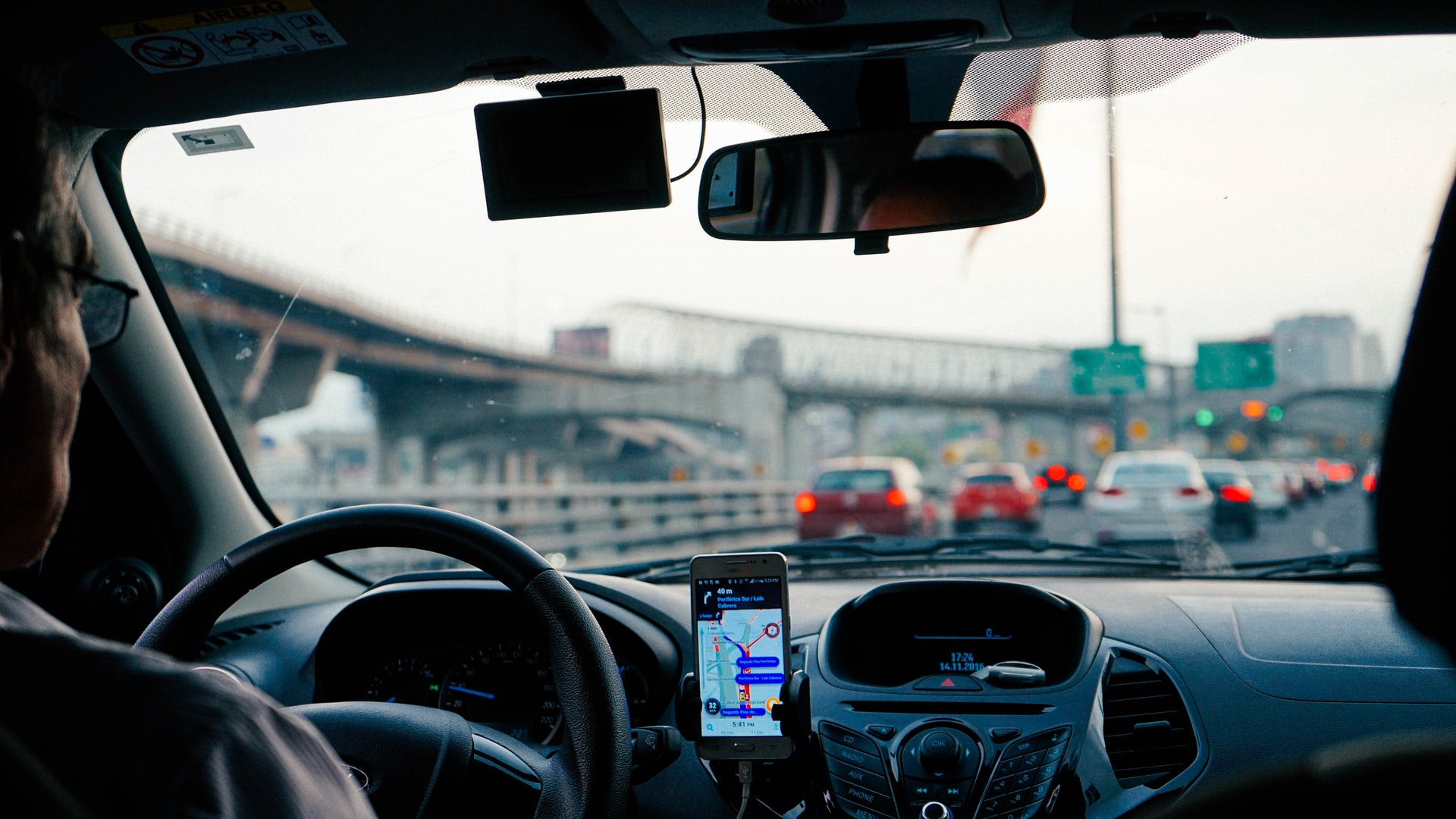The Supreme Court have determined that Uber drivers are “workers”
23-02-2021
On Friday, the Supreme Court determined that Uber drivers are considered “workers” and not independent contractors by dismissing Uber’s appeal.

23-02-2021
On Friday, the Supreme Court determined that Uber drivers are considered “workers” and not independent contractors by dismissing Uber’s appeal.

What does this mean?
This means that as Uber drivers have worker employment status they are entitled to national minimum wage, 5.6 weeks paid annual leave and other worker’s rights not available to independent contractors.
This decision will certainly have an impact on not only the Uber drivers but also provides further clarification on worker status in the gig economy.
Summary of Uber’s Argument
Uber argued that drivers are independent contractors who work under contracts made with customers and do not work for Uber.
Uber argued that Uber BV acted as a technology provider within its subsidiary Uber London (UL) acting as an agent for drivers who are approved by UL to use the app. They argued that a contract is made directly between the driver and passenger, through the Uber app and that the fare is simply calculated by the app and paid to Uber BV which then deduct their “service fee” and then pays the balance to the driver. The fee is for the use of the app and other services.
Summary of the Judgement
The Supreme Court disagreed with Uber’s argument. They determined that based on the facts there was no written contract between Uber London and the drivers, that there was no factual basis for asserting that Uber London acted as an agent for drivers and the nature of their legal relationship had to be inferred from the parties’ conduct.
The Tribunal is to look at the reality of the relationship between parties as opposed to simply determining status based on the documentation.